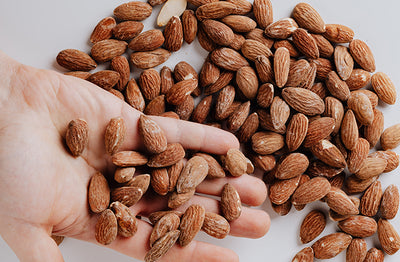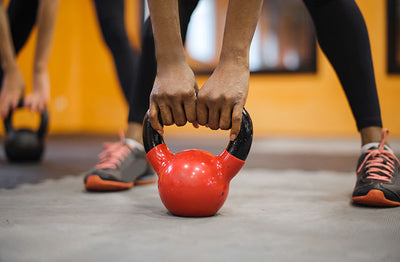Although it may seem counterintuitive, recovery is just as important to gaining strength as weightlifting and other forms of exercise. Think about it—if your car breaks down and you only repair 50% of the problem, it’s not going to run very well. The same goes for your body. Unfortunately, you can’t just bring your body to a repair shop to get it in working order again, and you just have to wait for it to go through its natural process of rebuilding and repairing muscles after they’ve been broken down through exercise.
Recover Your Muscles After Exercise
There are, however, a few ways you can help your body repair itself quickly and efficiently. Understanding the science behind muscle recovery can help you to understand how to help your body perform at its best so you can achieve your fitness goals. How muscle recovery occurs will differ slightly from person to person depending on their body type and the type of exercise they are performing. However, in general, four processes are involved in recovery after you exercise.
Glycogen Restoration
Glycogen is the fuel that your body uses during exercise, so following a hard training session, glycogen levels are depleted. It’s important to eat carbohydrates after exercise to replenish your glycogen stores—if you don’t have enough glycogen available, your body will turn to using protein as fuel, which can hinder your muscles’ ability to recover quickly. That being said, make sure to bring a snack that contains carbohydrates to eat after your workout.
Quest bars are a great option because they contain both carbohydrates to replenish your glycogen levels as well as protein that will help to rebuild muscles.
Fluid Restoration
During rigorous exercise, your body loses a lot of fluid due to sweating. Proper hydration before, during, and after exercise ensure that the fluids lost during exercise are replenished quickly. These fluids distribute nutrients through the bloodstream to your muscles, aiding in the recovery process, so it’s important to stay hydrated while you’re training.
Protein Synthesis
Following rigorous exercise (especially weight training), the body begins to heighten its use of protein to repair muscles that have been damaged by training. Protein, of course, comes from the foods that you consume, so it’s important to make sure you’re getting enough in your diet to get your muscles back to top performance quickly. A
protein supplement like
Dymatize ISO 100 is a great way to ensure you’re getting sufficient protein to rebuild your muscles—it contains 25 grams of fast absorbing protein per serving and comes in tons of delicious flavours like cinnamon bun and cookies and cream.
Rebuilding Muscle Fibres
While exercising, you are exerting stress on your muscles which damages their fibres, causing them to break apart. During recovery, so long as the processes explained above are running smoothly, the fibres heal back together and are stronger than they were before, allowing you to perform that exercise faster, with greater endurance, or with greater resistance (more weight) during your next session.
Read More:















